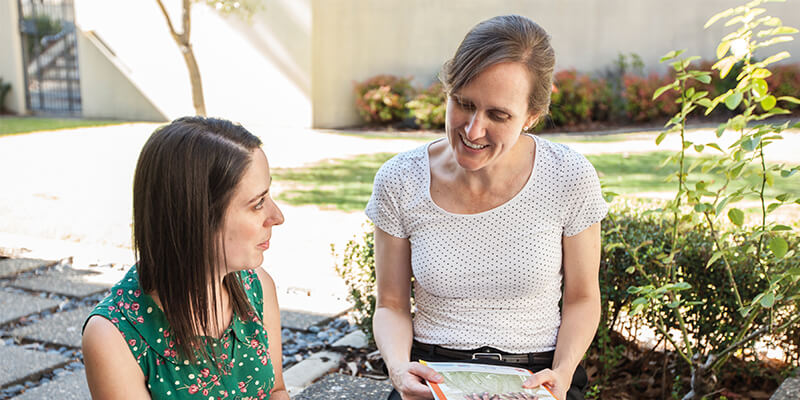Search
Research
Start Stronger, Live Longer National Aboriginal Health Worker Symposium: Final ReportThe Rio Tinto Aboriginal Health Partnership marries Rio Tinto's commitment and dedication to community investment with research expertise of the Telethon Inst
Research
Awareness and impact of the ‘Bubblewrap’ advertising campaign among Aboriginal smokers in Western AustraliaAntismoking mass media campaigns have been shown to reduce smoking prevalence in the mainstream community.
Research
The Second Research Report: patterns and trends in mortality of Western Australian infants, children and young people 2004-2005This report was commissioned by the Department for Child Protection as an ongoing initiative to continue the work initiated by researchers at the Telethon Kids
Research
Antenatal services for Aboriginal women: the relevance of cultural competenceDue to persistent significantly poorer Aboriginal perinatal outcomes, the Women's and Newborns' Health Network, require a comprehensive appraisal...
Research
Indigenous well-being in four countriesCanada, the United States, Australia, and New Zealand consistently place near the top of the United Nations Development Programme's Human Development Index...
Research
Theories of otitis media pathogenesis, with a focus on Indigenous childrenOtitis media is a common childhood illness associated with hearing loss, social disadvantage and medical costs. Prevalence and severity are high among...
Research
Rio Tinto Child Health Partnership Final ReportIn 2002, the Founding Director of The Kids for Child Health Research, Professor Fiona Stanley, approached Rio Tinto Ltd about the possibility...
Research
Diverging trends for lower respiratory infections in non-Aboriginal and Aboriginal childrenTo investigate temporal trends in admission rates for acute lower respiratory infections (ALRI) in a total population birth cohort of non-Aboriginal and...
Research
Interpretation of recent sudden infant death syndrome rates in Western AustraliaData for recent years show a shift away from a classification of 'SIDS' towards a classification of 'unascertainable', particularly for Aboriginal infants.

News & Events
New national guideline set to tackle skin infectionsWhen health organisations in the north-west of WA requested urgent action to address the region’s high rate of skin infections, Dr Asha Bowen answered the call.
